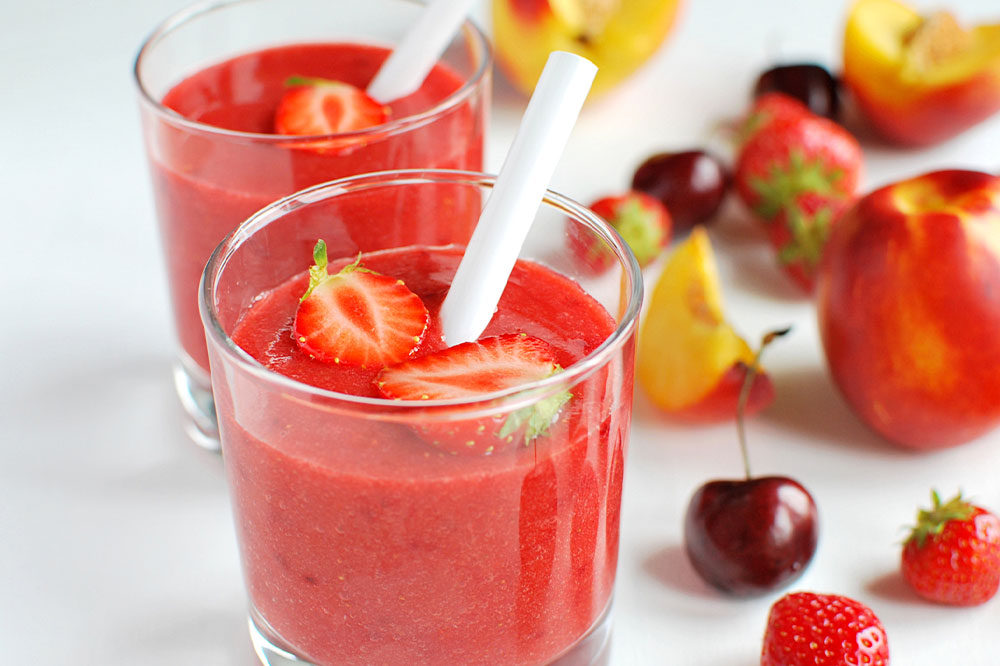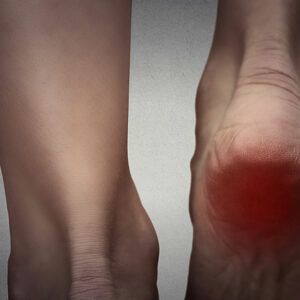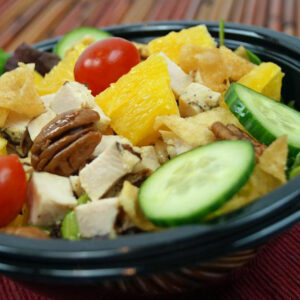Diabetes – 4 foods to avoid

Glucose levels in patients with diabetes can plunge or rise over the course of the day, depending upon the food they consume. Hence, eating right is critical. A nutritious meal plan should include enough carbohydrates, protein, and fat. But it may be tricky to get nourishment from food sources that sound healthy but cause harm to health. Let’s look at some of the foods that patients with diabetes should limit or avoid.
Fruit juice
A surprising beverage to avoid is fruit juice. Although they contain more vitamins and minerals than sweetened beverages, fruit juices have concentrated amounts of fructose, which can spike blood sugar. It is essential to opt for cucumber and mint-infused water or naturally flavored seltzer with a dash of lime for a refreshing taste. Avoid drinking cola, sweetened ice tea, or lemonade, as they contain an excessively high amount of added sugar. Additionally, these drinks contain fructose, leading to insulin resistance, accumulation of visceral fat, and unhealthy metabolic changes.
White bread, rice, and pasta
A large number of processed foods like these contain a high amount of carbohydrates, which can raise blood sugar levels in individuals with type 1 and type 2 diabetes. They additionally contain very little fiber, which is critical in easing back the retention of sugar in the bloodstream. Replace white bread, rice, and pasta with brown rice, grain, oats, high-fiber cereals, and whole-grain bread. The high fiber content in these food varieties further helps the healthy stomach microbiota thrive and reduce insulin resistance.
Dairy products like ice cream
Saturated fats in dairy foods can increase insulin resistance in diabetic patients. Likewise, it can raise LDL cholesterol levels and put them in danger of developing cardiovascular diseases. It is recommended to stay away from full-fat dairy items like ice cream, cream cheese, and other full-fat cheeses. Indeed, even fruit-flavored yogurts are not great for individuals with diabetes since they are stacked with sugar and other unnecessary fillers. Select plain whole milk yogurt that contains zero sugar.
Dried fruit
Fresh is an excellent source of vitamins, minerals, and nutrients. However, those with diabetes should limit their consumption of dried fruits because of their high sugar content. The dehydration process removes all the water from these fruits. One cup of dried raisins contains 115 grams of carbohydrates compared to grapes, which come with just about 25 grams of carbohydrates. Eating a couple of raisins might be preferable over eating a cookie, yet can, in any case, it can raise blood sugar levels. Rather than eating dried fruit, individuals with diabetes should eat organic fruits, like an apple or berries, high in fiber.



